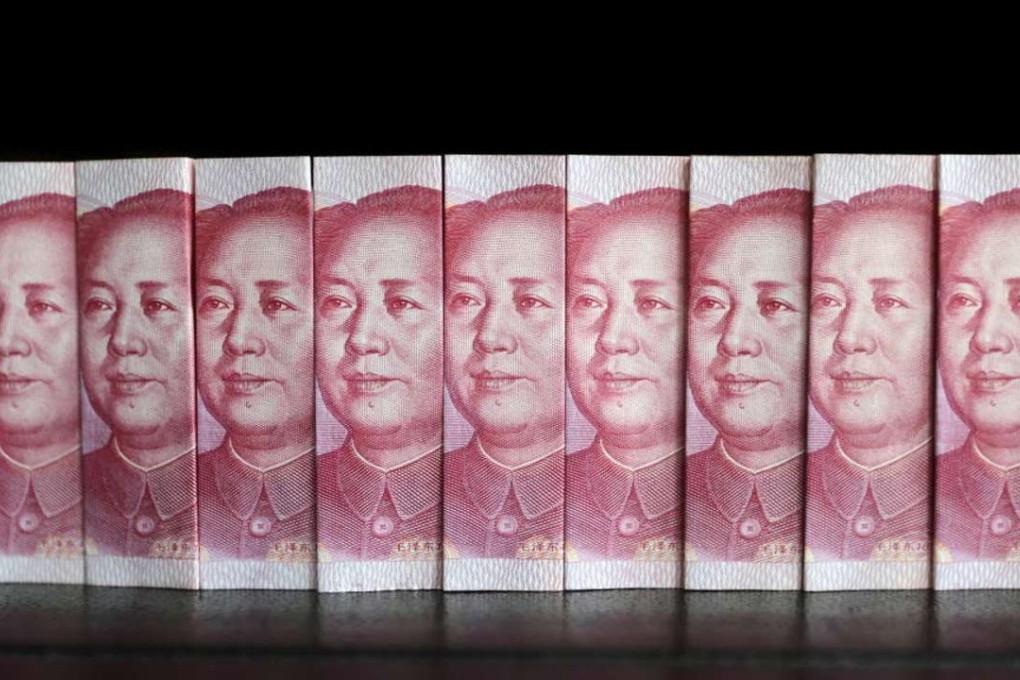‘Beware of devaluing the yuan’: economists warn China lowering currency to boost exports would harm overseas investments

A policy of yuan depreciation would do nothing for China’s economy, offering few benefits for exports and possibly triggering capital outflows, influential economists said yesterday at the Boao Forum for Asia.
In response to suggestions that the central bank may weaken the currency to boost exports, the economists warned the move risked a counter-reaction.
They also called for less government intervention in the exchange rate.
Long Guoqiang, vice director of the State Council’s Development Research Centre, said there were risks to devaluing the yuan.
“The ideal situation is to keep a relatively stable yuan, not to devalue it, otherwise it may risk competitive devaluation of other currencies and harm China’s overseas investment,” Long said.
Why the yuan doomsayers have got it all wrong
“[But] the yuan is not yet a global currency and the country’s capital account is not yet fully liberalised, therefore the policy on the yuan should take the domestic economic situation into account, rather than [only] watching capital movements.”
Premier Li Keqiang has repeatedly sought to dispel doubts about the yuan, saying there is no basis for its continued depreciation.